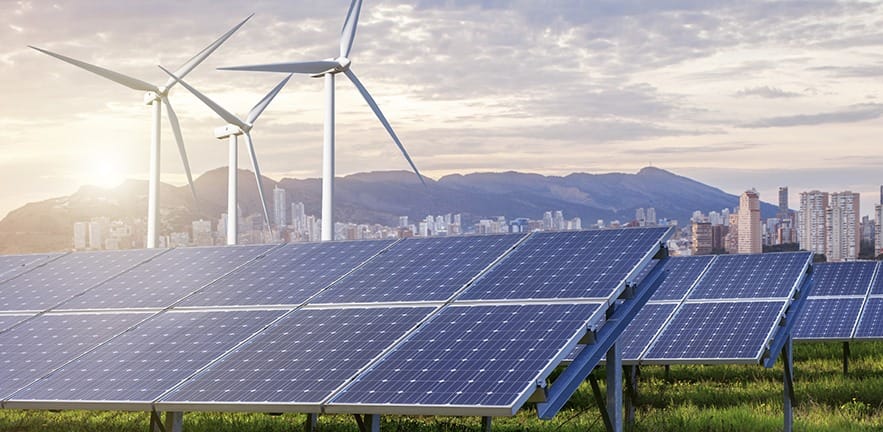In his inaugural lecture, Michael Pollitt outlines the social limits to technology solutions to energy and climate problems.

Finding a “good” energy policy is devilishly difficult owing to the many social and logistical barriers to achieving the right solution, Professor Michael Pollitt said in his inaugural lecture on 7 October at Cambridge Judge Business School.
While energy policy in every country aims to deliver secure, affordable and clean energy, factors that complicate this goal include limitations in technology, unequal wealth distribution, failures in predicting many benchmarks including petroleum production, and differing definitions of “good” and “just,” Pollitt said.
The dictionary may define “policy” as a definite “course of action adopted by a government, ruler, political party, etc.” – but in fact energy policies develop in unpredictable ways – and it’s a fallacy to think that “the ‘right’ technology can ‘save’ us,” he said.
“What we need is a multi-disciplinary approach to help us arrive at a ‘better’ energy policy. This would draw on the core interests of social science and the humanities in perception, quantification, well-being, public trust, the role of the state, competence and complex policy problems.” Pollitt said in the lecture, entitled “In Search of ‘Good’ Energy Policy: The Social Limits to Technological Solutions to Energy and Climate Problems.”


